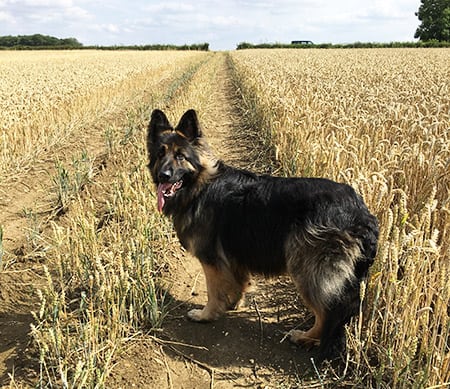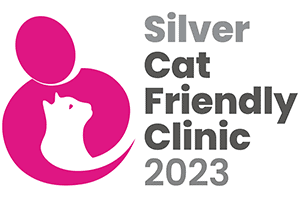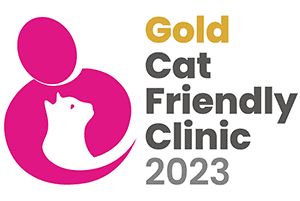Playing with your pet is a great way to exercise and bond with them but unfortunately it can occasionally end in tragedy as one local pet owner recently found out.
Simba was a beautiful healthy German Shepherd who loved to play fetch with his owner on their daily walks and his favourite was his ball. They’d played like this so many times before without any problem until one fateful day in early August. As Simba was retrieving his ball, he suddenly starting choking. It all happened so quickly and as his owner tried in vain to get the ball out, she felt utterly helpless. Simba was rushed the nearest vet and even though the vet managed to remove the ball, it was too late. Poor Simba died of heart failure; he was just 5 years old.

Why are we telling you this heart-breaking story? Because we, and Simba’s owners, want to raise awareness of toy safety. There are many toys on the market and not all are safe for all size pets.
This is what Simba’s owner has to say:
“I feel I have been robbed of my baby through a preventable accident, if only I had known the danger he was in when playing with balls he would still be here next to me.
My message to everyone is that I have found out the hard way that all dogs are capable of swallowing balls. It’s like playing Russian roulette with their lives. You are helpless to help them once it’s in their throat and it takes just minutes to kill them. Please don’t make the same mistake I did thinking it was physically impossible for them to swallow one.”
Balls aren’t the only toy that can cause a problem – we’ve seen dogs swallow toys whole, cats eat ribbons from toys, ingested soft toy stuffing (all of which can cause a dangerous gut obstruction) and broken or hard toys causing mouth or tooth injuries. There are also long-term implications from the repetitive actions of too many fetch games – arthritis, ligament damage and tooth erosion. And that’s not to mention the horrendous injuries we have seen from when owners substitute a toy for a stick.
“Simba was a huge softy and didn’t have a malice bone in his body. He was loved by all who knew him and was a very special friendly boy that got on with everyone including all dogs/chickens/sheep/horses. I was so proud of him for being such a gentleman, he was my Guardian Angel and was always by my side.
Please don’t think because your dog has played with balls for years that it won’t happen, because my Simba had also played with balls for years! It CAN happen at any time! And then it’s too late!”
We, and Simba’s owners, want to raise awareness of toy safety and in this edition, we want to tell you about how to choose the best toy for your pet and how to minimise the risk of injury.
- Avoid wooden sticks – wood splinters and this can cause damage to the mouth and gums. Sharp ends can puncture the skin, throat or even the eyes! This is even more of a risk if a stick is used to play fetch.
- Choose the right size toy – even a tennis ball could be a choking hazard to the larger breeds. Pay attention to size guides on the packaging and if in doubt choose the larger toy. Be careful if you have dogs of different sizes in your household – for example the ball for your Jack Russell is not safe for your Labrador.
- Only use balls with holes – if you do choose a ball, ensure it’s one with holes in it. This means if the worst happens, there is a better chance they can breathe.
- Consider alternatives – e.g. rings, rubber sticks, Frisbees or balls on ropes (making sure it stays attached).
- Supervise & check regularly – No toy is indestructible! Make sure you keep an eye on toys and check for damage, bin them if they are.
- Stronger jaws need stronger toys
- Check up on cat toys too – many cat toys are on the end of a ribbon or string, if these break, they can cause a choking or blockage hazard too.
- Repetitive actions – try not to overdo it. The repetitive action of running, jumping and turning quickly chasing a toy can take its toll on your pet’s joints which could lead to problems as they get older. Try to have a variety of activities you do with your pet – you don’t have to play fetch on every walk!
- Know when to stop – some pets can be become so excited by play (especially dogs) that they will carry on no matter how tired or hot they get; some will even continue until they collapse! Be sensible when and how long you play for – heat stroke and exhaustion are serious conditions that can prove fatal.
This article is not intended to discourage you from playing with your pet, in fact playing together is great way to have fun together, exercise and create a close bond. Not all accidents can be prevented but you can minimise the risk.
In memory of Simba, 2014-2019. Everyone at Cromwell Vets wish to send their deepest condolences to Simba’s owners.




